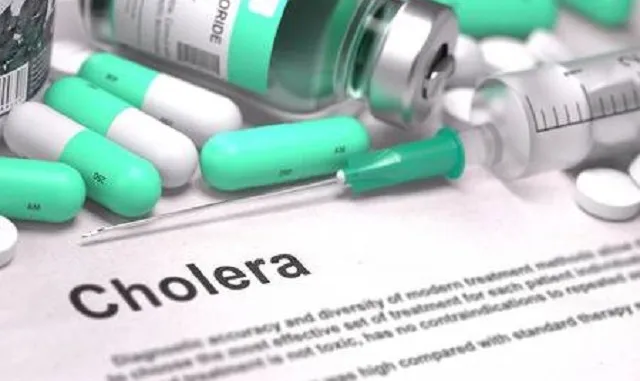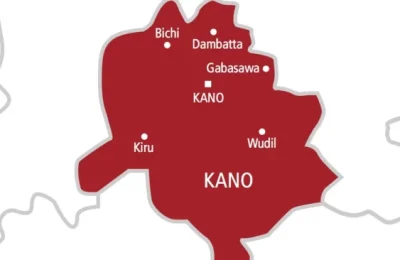
Nigeria is grappling with a surge in cholera cases, underscoring the severe impact of improper waste disposal on public health.
This outbreak, affecting multiple states, highlights the urgent need for enhanced sanitation and waste management practices.

According to the Nguvu Change Leader, Jennifer Akatu, the link between improper waste disposal and cholera is well-documented.
“When waste is not properly managed, it often ends up in water sources, leading to contamination. This contaminated water is then used for drinking, cooking, and washing, exposing people to the cholera bacteria.
Waste accumulation in residential areas attracts flies and other pests that can further spread the disease.
The situation is exacerbated in regions with poor sanitation infrastructure, where open defecation and unregulated waste dumping are common.”
Cholera, caused by the Vibrio cholerae bacterium, spreads through contaminated water and food, leading to severe dehydration and fatalities without prompt treatment. Nigeria, facing rapid population growth and urbanization challenges, is particularly vulnerable.
As of June 30, 2024, the Nigeria Centre for Disease Control (NCDC) has recorded 2,102 suspected cases and 63 deaths across 33 states and 122 local government areas, with a case fatality rate of 3.0%.
The hardest-hit states—Lagos, Bayelsa, Abia, Zamfara, Bauchi, Katsina, Cross River, Ebonyi, Rivers, and Delta—account for approximately 90% of reported cases, plagued by inadequate waste management and limited access to clean water.
ALSO READ:Kano Hisbah official arrested for condemning arrest of LGBTQ members
In many urban and rural areas across Nigeria, waste management systems are either inadequate or nonexistent. Garbage piles and clogged drainage systems contaminate water sources, exacerbated during the rainy season by flooding that spreads contaminated waste and water, heightening the risk of cholera transmission.
Cities like Lagos and Kano struggle with overwhelming daily waste volumes, leading to open dumpsites and unregulated disposal practices, often managed by informal workers without proper protective gear, further spreading disease-causing pathogens.
In rural settings, where formal waste collection is scarce, open defecation and improper waste disposal in fields or water bodies directly contaminate drinking and cooking water.
Akatu proposed that the government should allocate resources for modern waste management systems to improve waste collection, recycling, and disposal.
“Also, focusing on running public awareness campaigns to educate people, enforcing regulations, and providing better sanitation facilities and clean water access. By engaging communities in cleanup and recycling efforts, we can promote environmental sustainability and public health.”
“The fight against cholera and other waterborne diseases requires a collective effort. Government agencies, non-governmental organizations, businesses, and individuals must work together to create a sustainable and effective waste management system.
By taking these steps, we can significantly reduce the risk of cholera outbreaks and improve the overall health and well-being of our communities.”








